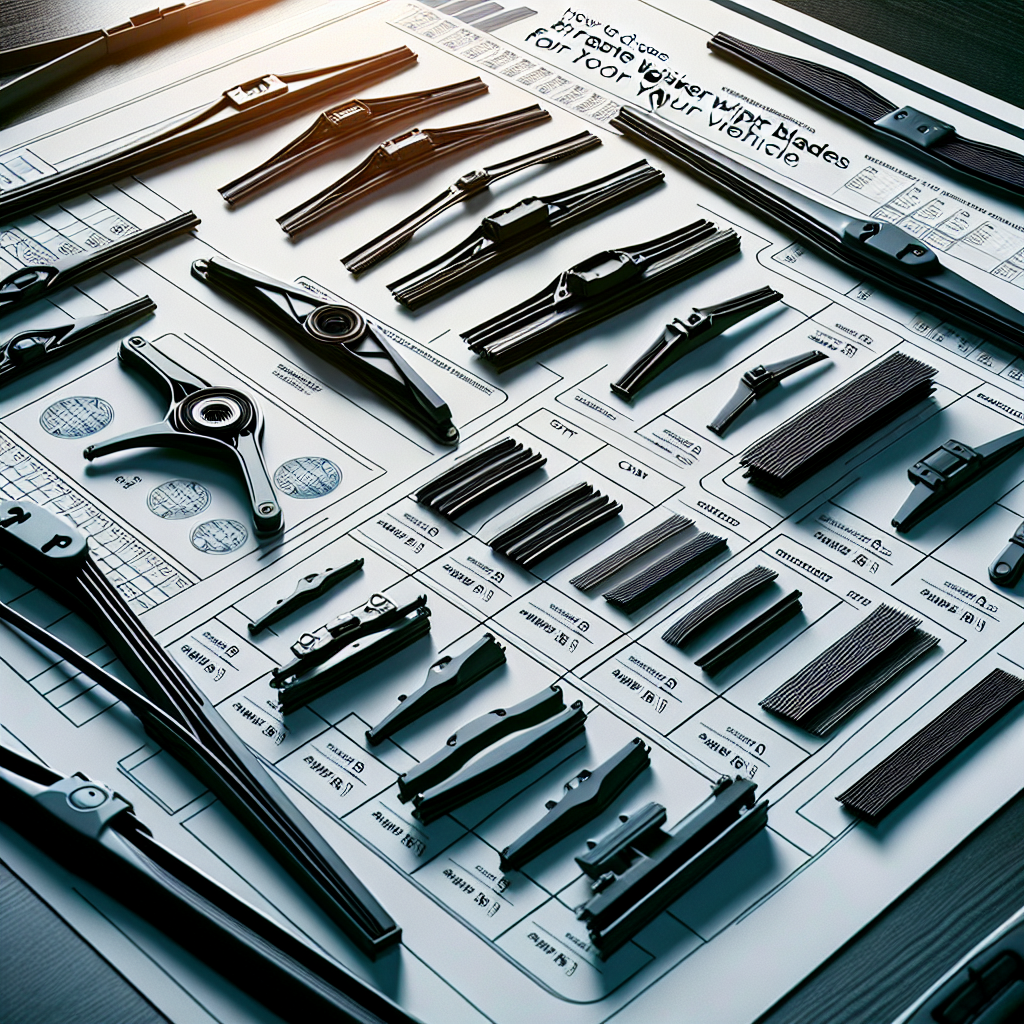The American automobile industry is no stranger to innovation, consistently pushing the boundaries of technology, performance, and sustainability. In recent years, car manufacturers in the United States have made significant strides, integrating cutting-edge technology to enhance the driving experience, improve safety, and address the growing concern for environmental sustainability. Here, we dive into some of the most exciting technological advancements in new American car models that exemplify this progress.
Advanced Driver Assistance Systems (ADAS)
One of the standout innovations in recent American cars is the integration of Advanced Driver Assistance Systems (ADAS). These systems encompass a variety of features designed to enhance driver safety and convenience. Some of the key components include adaptive cruise control, lane-keeping assistance, and automatic emergency braking.
For example, Tesla’s Autopilot, an ADAS available in all its models, offers semi-autonomous driving capabilities. This technology can steer, accelerate, and brake automatically within its lane, reducing the driver’s workload and significantly increasing safety on long drives. Other manufacturers, like General Motors with its Super Cruise system, are providing similar levels of driver assistance, employing cutting-edge technologies like LIDAR, GPS, and real-time mapping.
Electric Vehicle Advancements
The shift towards electric vehicles (EVs) has been another area where American car manufacturers are making significant strides. Environmental concerns and regulatory pressures have driven this innovation, leading to a growing number of EV models from various American brands.
Take the Ford Mustang Mach-E, for instance. This all-electric SUV combines the iconic Mustang design with modern electric technology, offering impressive performance and range. Tesla, on the other hand, continues to lead the EV market with its Model S and Model 3, boasting significant advancements in battery technology, range, and charging infrastructure. Additionally, new players like Rivian are entering the field, exemplified by the R1T, an electric pickup that has garnered immense attention for its rugged design and exceptional capabilities.
Connected Car Technology
The concept of the connected car has evolved rapidly, with American manufacturers embracing the Internet of Things (IoT) to create vehicles that are smarter and more intuitive. These cars are equipped with advanced infotainment systems, offering seamless integration with smartphones, voice-activated controls, and real-time navigation updates.
General Motors’ OnStar service is an excellent example of connected car technology, providing features like remote diagnostics, emergency services, and advanced navigation. Similarly, Tesla’s over-the-air updates ensure that their vehicles continuously improve, adding new features and enhancing existing ones without requiring a visit to the dealership. This keeps vehicles up-to-date with the latest software improvements, much like how smartphones receive updates.
Sustainability Initiatives
Sustainability has become a significant focus for American car makers. Beyond electrification, manufacturers are exploring new materials and manufacturing processes to reduce the environmental impact of their vehicles. Ford, for example, has committed to using sustainable materials in its vehicles, such as recycled plastics and soy-based foam.
The Environmental Protection Agency (EPA) has recognized these efforts, highlighting the important strides the auto industry is making toward a greener future. Additionally, GM’s Ultium battery technology represents a significant leap in EV battery production, offering greater efficiency and lower emissions during manufacturing.
Innovative Manufacturing Techniques
Advances in manufacturing techniques have also played a crucial role in the new wave of American car technology. The use of artificial intelligence (AI) and robotics in assembly lines has increased precision and efficiency, enabling manufacturers to produce high-quality vehicles at a faster pace. Companies like Ford and General Motors are leading the way in integrating AI into their production processes, resulting in smarter factories that can adapt to changing demands more swiftly.
Additionally, the adoption of 3D printing technology is revolutionizing parts production, allowing for rapid prototyping and on-demand manufacturing. This not only reduces the time-to-market for new models but also enables manufacturers to improve and customize parts more efficiently.
The American auto industry continues to drive forward with remarkable innovations, enhancing the performance, safety, and sustainability of new car models. As these technological advancements become more integrated into everyday vehicles, consumers can look forward to a future where driving is not only more enjoyable but also safer and more environmentally friendly.


